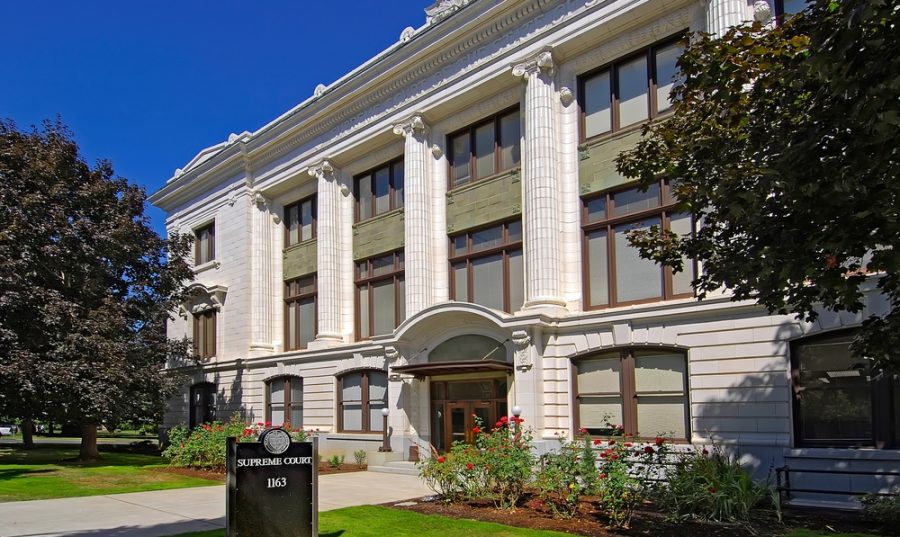 An adjuster is notified of a new fire loss and goes diligently to work. He visits the site and interviews the insured. The adjuster obtains information on the damages caused by the fire as well as theories about how the fire started and potentially responsible third parties. He retains an origin and cause expert and provides her with what he has learned. He relays not only facts, but also shares his opinions on how the fire started and his views on the strengths and weaknesses of bringing a subrogation claim against particular parties. Once the expert conducts her scene examination, the adjuster asks her to provide a signed report detailing her opinions on the cause and origin of the fire and the responsible parties. On his receipt of the report, the adjuster retains subrogation counsel.
An adjuster is notified of a new fire loss and goes diligently to work. He visits the site and interviews the insured. The adjuster obtains information on the damages caused by the fire as well as theories about how the fire started and potentially responsible third parties. He retains an origin and cause expert and provides her with what he has learned. He relays not only facts, but also shares his opinions on how the fire started and his views on the strengths and weaknesses of bringing a subrogation claim against particular parties. Once the expert conducts her scene examination, the adjuster asks her to provide a signed report detailing her opinions on the cause and origin of the fire and the responsible parties. On his receipt of the report, the adjuster retains subrogation counsel.
Although the above adjuster might be commended for his dedication and hard work, he may have inadvertently forfeited an important advantage provided by both federal and state court rules and thereby prejudiced the subrogation case. If a subrogation lawsuit is filed, all of the adjuster’s opinions about the strengths and weaknesses of the case that he communicated to the expert may be discoverable. In addition, the expert’s report may also be discoverable.
In 2010, the Federal Rules of Civil Procedure were amended to provide work-product protection against discovery of draft expert disclosures and, with limited exceptions, communications between the expert and counsel. Many states have adopted similar rules.
In particular, Federal Rule of Civil Procedure 26(b)(4), provides:
(B) Trial-Preparation Protection for Draft Reports or Disclosures. Rules 26(b)(3)(A) and (B) protect drafts of any report or disclosure required under Rule 26(a)(2), regardless of the form in which the draft is recorded.
(C) Trial-Preparation Protection for Communications Between a Party’s Attorney and Expert Witnesses. Rules 26(b)(3)(A) and (B) protect communications between the party’s attorney and any witness required to provide a report under Rule 26(a)(2)(B), regardless of the form of the communications, except to the extent that the communications:
(i) relate to compensation for the expert’s study or testimony;
(ii) identify facts or data that the party’s attorney provided and that the expert considered in forming the opinions to be expressed; or
(iii) identify assumptions that the party’s attorney provided and that the expert relied on in forming the opinions to be expressed.
It is always wise for an insurer to engage subrogation counsel as soon as possible after being notified of a new loss. However, as a result of these changes to the rules, it is even more important to do so. Counsel and the expert can freely communicate about the loss, including exchanging draft reports, and such communications generally will not be discoverable in any subsequent litigation.





